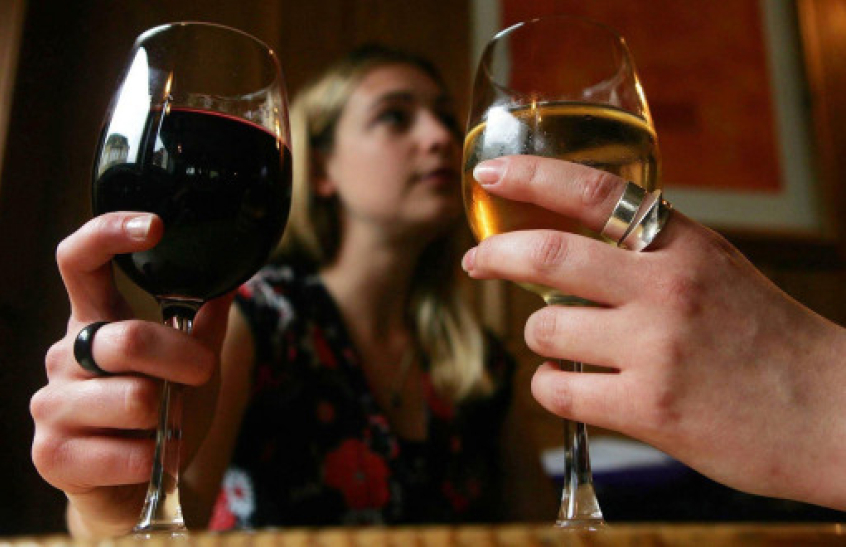
Men are more likely than women to get behind the wheel of a car when they are over the limit, a new survey has found.
Just over a quarter (27%) of men surveyed by YouGov admitted to driving over the limit, compared to 10% of women.
In total, just under a fifth (19%) of the 3,120 UK motorists surveyed had driven while over the drink drive limit and a quarter of participants said they had got into a car despite suspecting that the driver was over the limit.
Less than half (40%) said they would consider themselves safe to drive after drinking no alcohol at all. Eleven per cent of men said they would consider themselves safe to drive after drinking three units of alcohol, while just one per cent of women said they would consider themselves safe to drive after consuming the same amount.
Nearly a third in total (29%) said they had driven the morning after an evening of heavy drinking even though they suspected they were still over the limit.
This number is again highest in men, with over a third (36%) admitting to this compared to 22% of women. Just over one in seven (15%) motorists don't take what they're drinking into consideration when they know they have to drive the next morning.
Over a third (37%) of the respondents said the current drink driving limit should stay the same, but almost half (48%) think it should be lower than it is now.
The survey, commissioned by insurance company Admiral, suggests too many motorists think driving over the limit is acceptable.
Admiral managing director, Sue Longthorn, commented, "With summer in full swing and a bank holiday later this month, the temptation to drive after a few drinks in a beer garden or at a barbecue may be too much for some people. But, it's vital that people are aware of how much alcohol they are consuming when they are due to drive, and remember that drink driving is not acceptable in any shape or form and it's never worth the risk.
"The difference between men and women in our research is a worry, as it appears the anti-drink driving message is getting through to women, but not so effectively with men. The amount of alcohol in someone's blood is the same, regardless of their gender."













